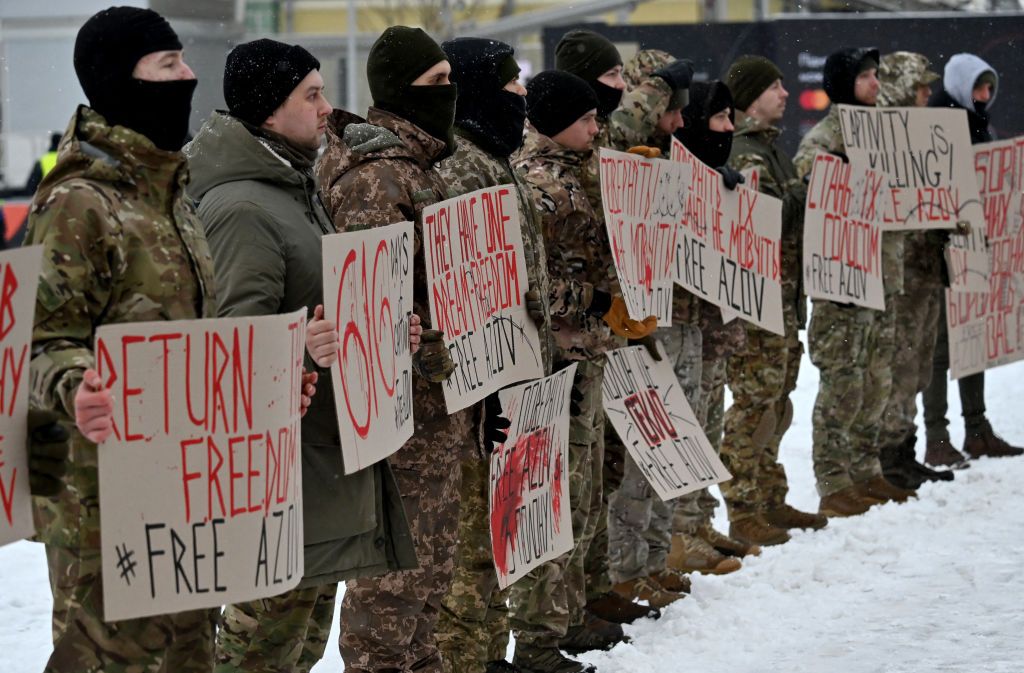Prisoner negotiations between Ukraine and Russia are a critical yet obscured aspect of the ongoing war. The emotional toll on the families of POWs is immense, with uncertainty surrounding the fate of their loved ones. The process of negotiating releases is complex, with Russia known to delay and obstruct the exchanges. Despite over 50 prisoner swaps since the start of the war and the return of over 3,000 POWs to Ukraine, many families still have no information on the status of their captured relatives.
The dynamics of negotiations between Ukraine and Russia are fraught with challenges and uncertainties. Russia’s tactics of withholding information and creating division among captives’ families add to the complexity of the process. Negotiators on both sides must navigate carefully, playing their cards right and maintaining transparency to ensure successful exchanges. Psychological considerations are also crucial, with the need for both stamina and mental fortitude during negotiations that can last up to 10 hours.
The impact of prisoner exchanges is far-reaching, with families like Maria’s closely following each development in the hope that their loved ones will be freed. The different categories of captives, including civilians caught in Russian-occupied territories, further complicate the negotiation process. Each exchange is unique, influenced by various factors that shape the outcome. Maria’s story reflects the painful reality faced by many families of Ukrainian soldiers in Russian captivity, highlighting the ongoing challenges of securing their release.
The deep-rooted conflict between Ukraine and Russia underscores the complexities of negotiating POW releases. The lack of clear information from Russia, coupled with the strategic considerations on both sides, adds layers of difficulty to the process. While efforts continue to secure the return of Ukrainian soldiers, the emotional and psychological toll on their families remains profound. The need for transparency, resilience, and strategic negotiation approaches is crucial in navigating the intricate dynamics of POW exchanges amid the ongoing conflict.
The ongoing war between Ukraine and Russia has brought to light the importance of prisoner negotiations, shedding light on the emotional turmoil faced by families of captured soldiers. The intricacies of these exchanges, influenced by political, strategic, and emotional considerations, highlight the challenges in securing the release of POWs. As negotiations continue, families like Maria’s hold onto hope for the safe return of their loved ones, underscoring the human cost of the conflict and the resilience of those affected by it.















